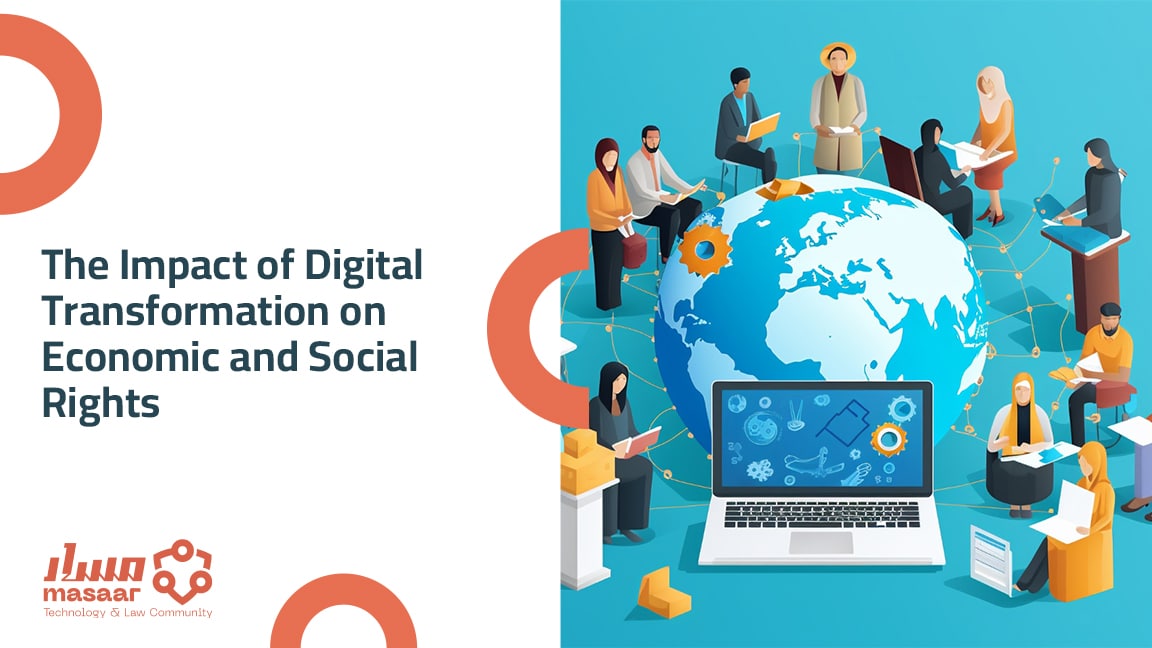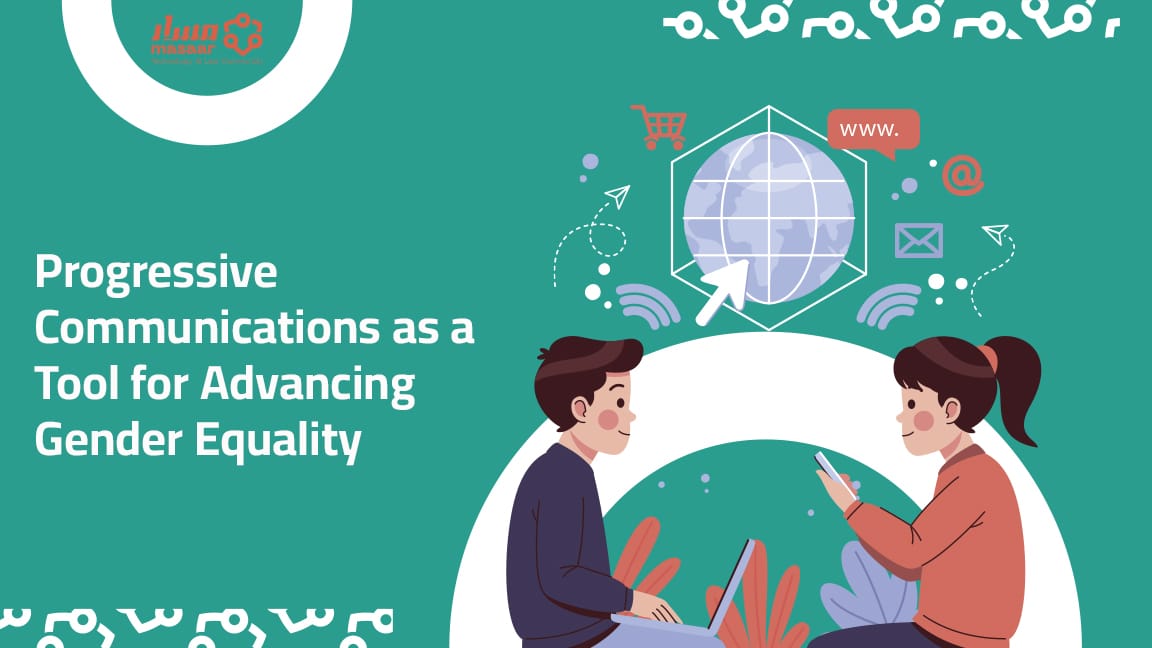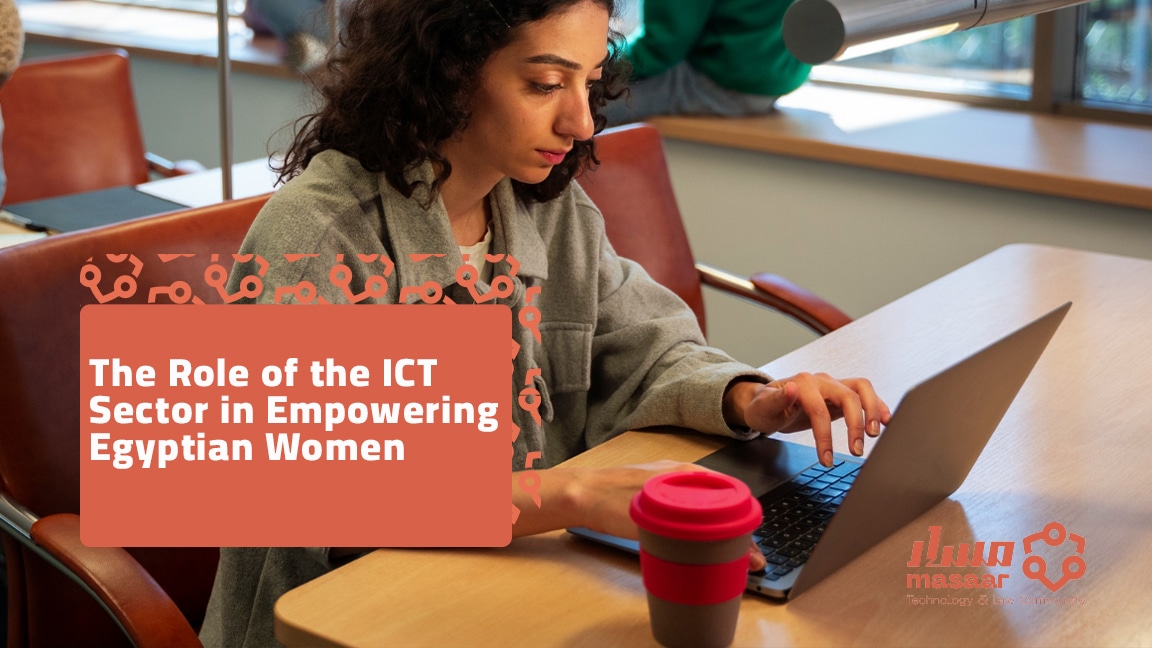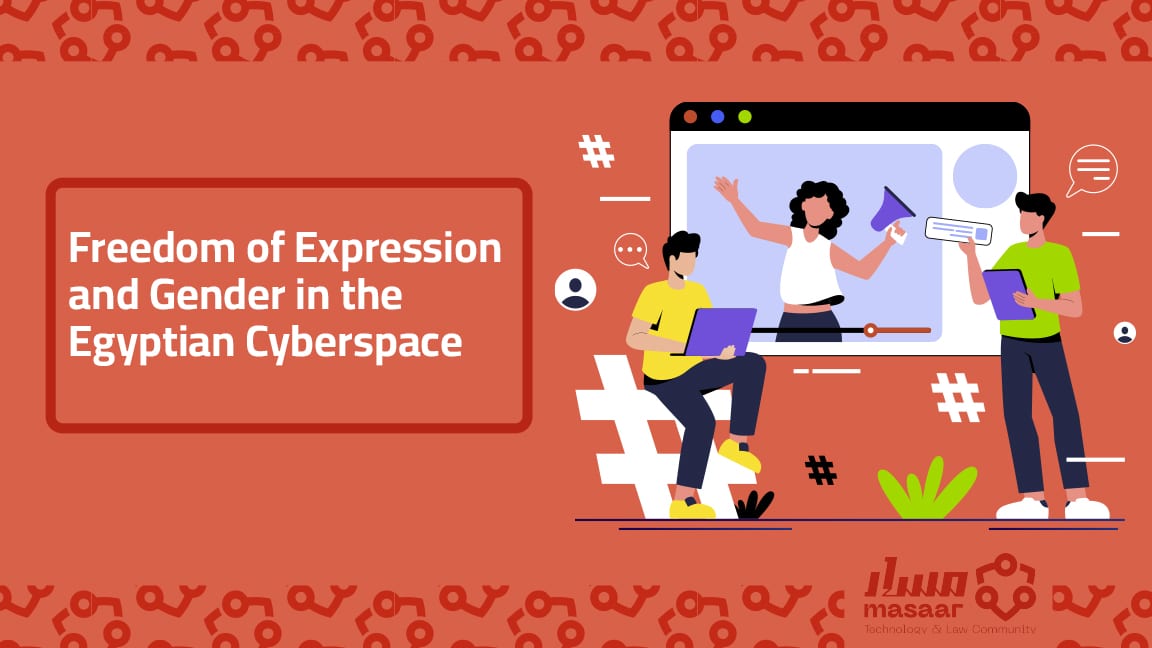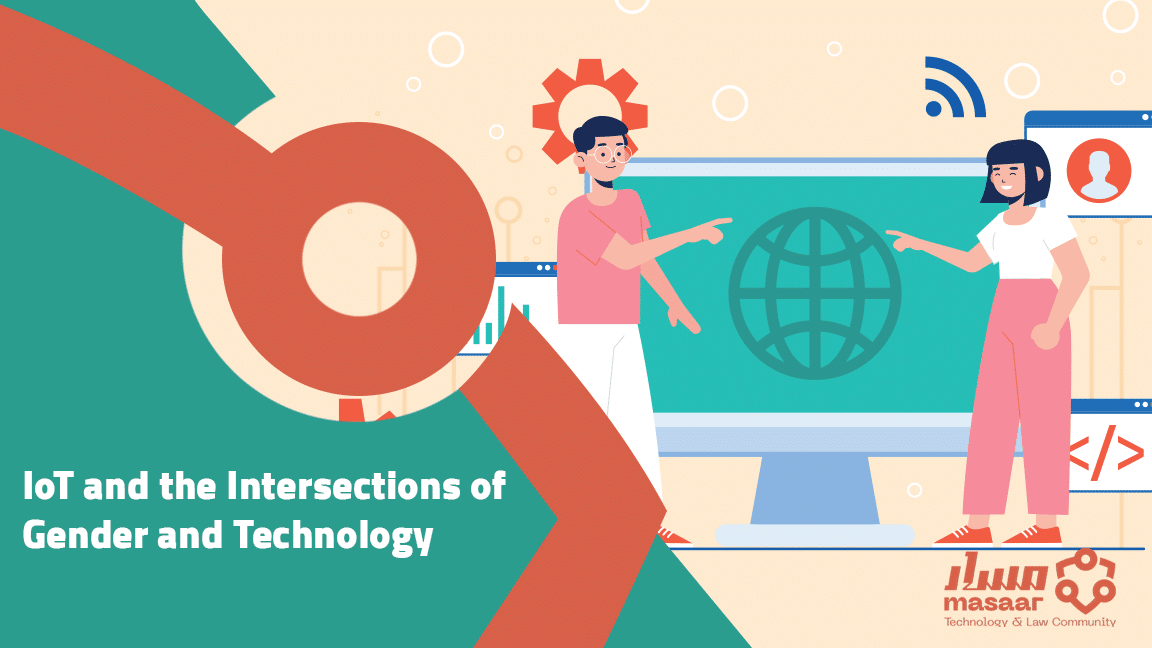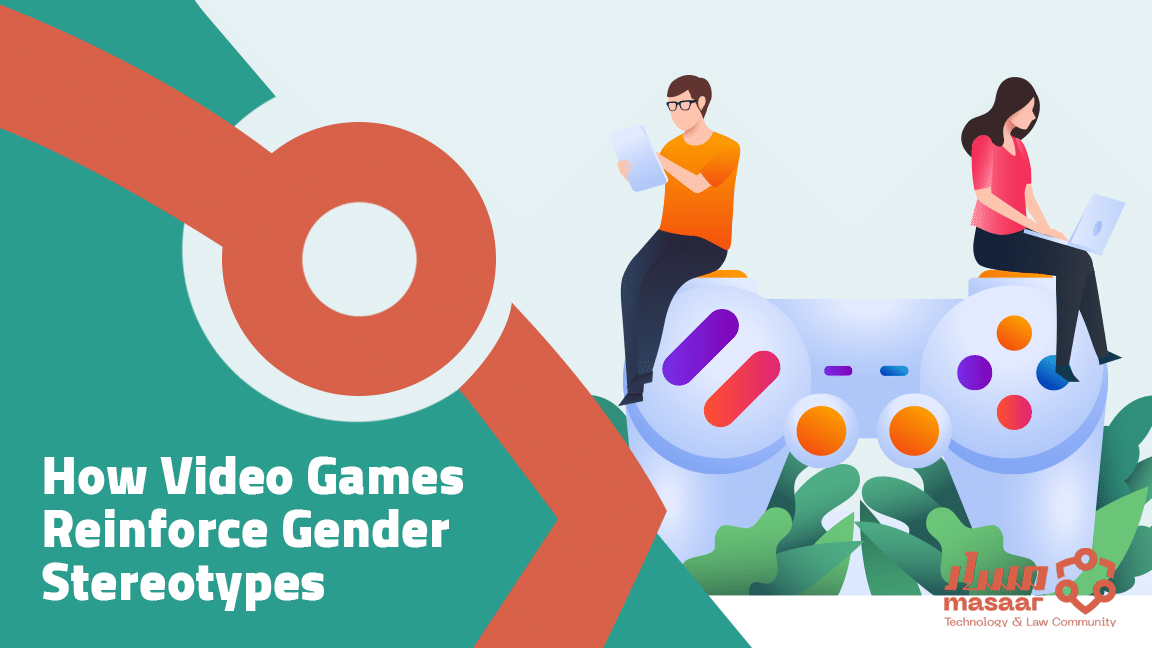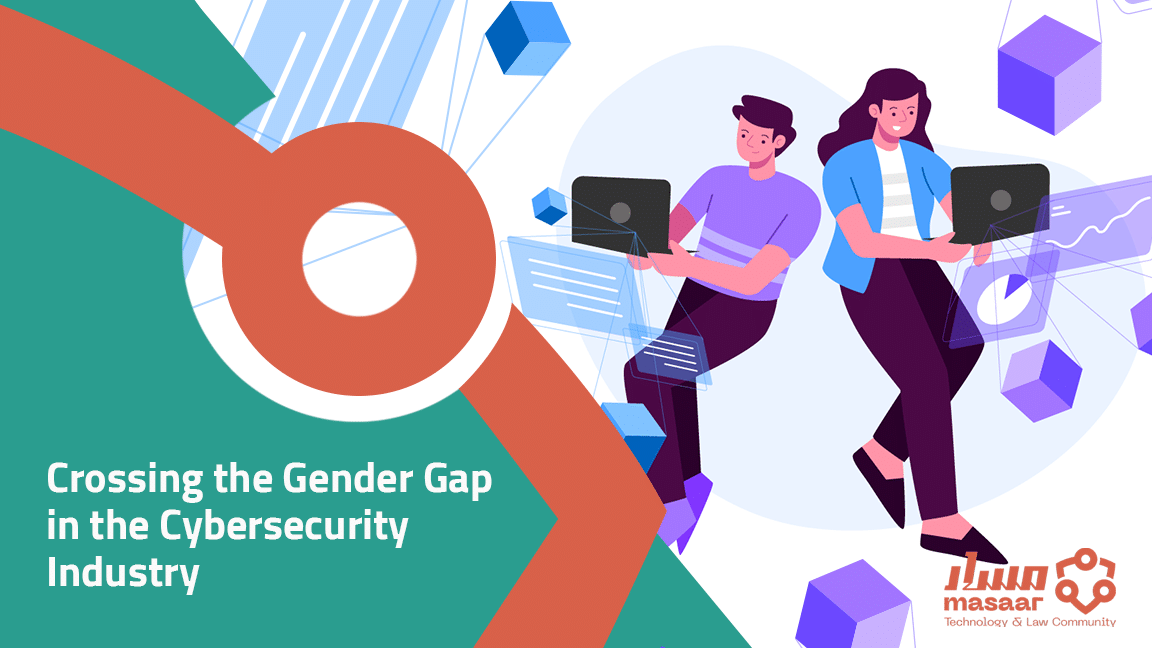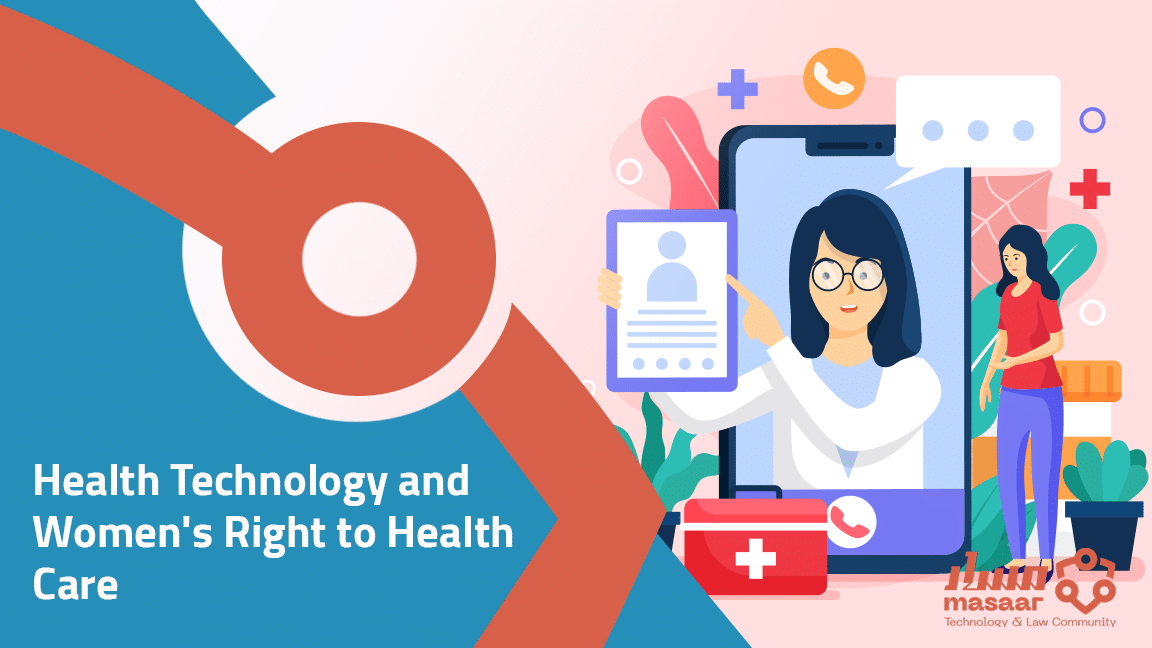Tech and Equality
The Impact of Digital Transformation on Economic and Social Rights
This paper discusses the impact of digital transformation on economic and social rights. It focuses on three main rights: the right to education, the right to work, and the right to healthcare.
Progressive Communications as a Tool for Advancing Gender Equality
This paper seeks to provide an overview of the intersection between progressive communications and gender. It discusses the role that progressive communications can play in supporting efforts to achieve gender equality, including the opportunities available and the means to support them.
The Role of the ICT Sector in Empowering Egyptian Women
This paper explores Egypt’s ICT sector’s potential to economically empower Egyptian women. It focuses on how the sector can create more employment opportunities for women. Additionally, the paper discusses the potential of the ICT sector to socially empower women, which can further contribute to narrowing the gender gap.
Freedom of Expression and Gender in the Egyptian Cyberspace
This paper seeks to address the most influential factors in women’s right to exercise their freedom of expression in Egyptian cyberspace. The paper uses an approach that hypothesizes that the most influential factor in creating an oppressive climate for women to exercise their right to freedom of expression is the prevalence of hate speech and misogynistic rhetoric that is decisively dismissive of the principle of gender equality.
Bridging the Gender Gap in Education through Digital Technologies
This paper aims to offer a comprehensive understanding of the role digital technologies play in bridging the gender gap in education. It begins by analyzing the limitations of conventional methods in addressing this issue. Subsequently, it explores how digital technologies empower girls and women to exercise their right to education.
IoT and the Intersections of Gender and Technology
This paper seeks to present a reading of the intersections between IoT and gender. The paper also focuses on both the new threats introduced by IoT on the right to privacy for women and girls and the dangers related to the widening of violence, abuse, and harassment targeting women and girls.
How Video Games Reinforce Gender Stereotypes
This paper seeks to provide a comprehensive picture of the intersection of gender with video games. The paper also highlights the need to address many of the negative aspects that are still prevalent in both the video games industry and the content it provides, as well as in the gamers community and the sexism and misogyny prevalent in it.
Crossing the Gender Gap in the Cybersecurity Industry
This paper argues that gender diversity in the cybersecurity industry, especially the inclusion of more women in its workforce, is necessary for its development to confront the growing cybersecurity threats effectively. To this end, the paper first discusses the current situation of the cybersecurity industry in light of the wide gender gap in it. It then highlights the importance of gender diversity in the cybersecurity industry and proceeds to discuss ways to address the gender gap in this industry. The paper reviews the role that women play in the cybersecurity industry despite their minimal representation in it. Finally, the paper looks ahead to future trends in gender diversity in the cybersecurity industry.
Health Technology and Women’s Right to Health Care
This paper aims to provide a comprehensive overview of the potential uses of information and communication technologies in delivering better healthcare services for women. It begins by briefly presenting the reasons why many women are deprived of adequate healthcare services. It then provides an overview of how information and communication technologies qualify to play a significant role in improving women’s opportunities to access suitable healthcare services that meet their diverse needs and ensure sufficient quality.

